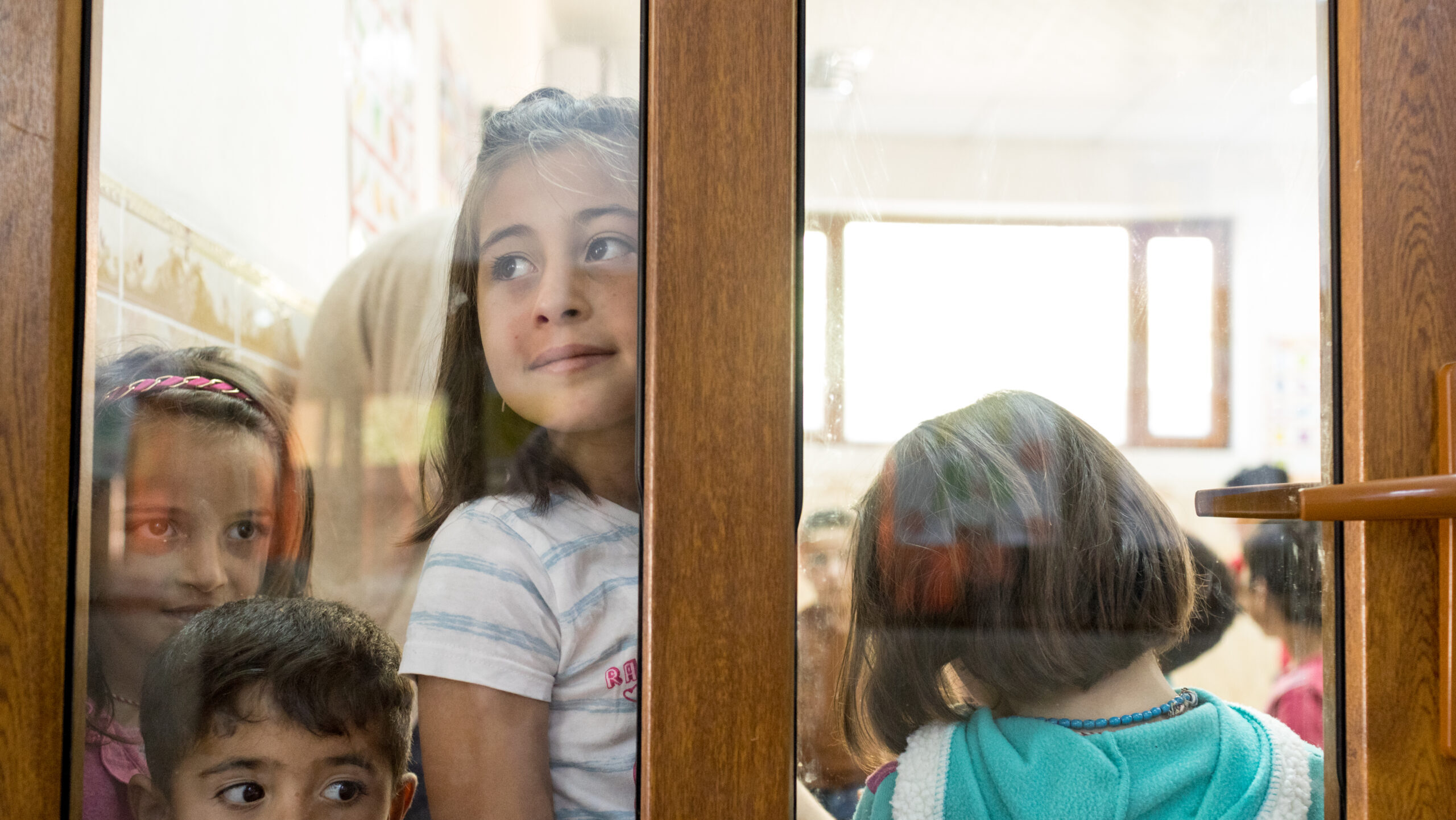by: Scott Vair | President/CEO
Hope can be defined as a confident expectation of good things to come.
Confident (a strong belief, free from doubt or hesitation) expectation (looking forward to something, anticipating that it will happen) of good things (positive experiences, blessings, success, or favorable outcomes) to come (in the future, something that has not yet happened but is anticipated).
The needs of this world are great. Suffering, pain, hunger, and extreme poverty are widespread. There is injustice around every corner. At times it can feel overwhelming, and the opportunity for despair is great.
Acknowledging the deep needs of this world breaks our hearts. Seeing a child or vulnerable family in need spurs our compassion. Accepting our call to respond triggers action, individually and collectively.
As an organization, we have received this call and have devoted our hearts and work to serve and bring hope to those in need, to the vulnerable, to the forgotten and discarded. We carry the hope of Jesus. Our personal faith and hope compel us.
But resources are thin, the number of families we can help is limited, and it is easy to become overwhelmed and discouraged. And yet, there is hope. We press on with confident expectation of good things to come, of the fulfillment of God’s promises for “a hope and a future.” (Jeremiah 29:11)
As we engage with vulnerable families, with precious children who have endured and continue to face great pain and trials, we extend hope. We carry the hope of salvation found in Jesus and a confident expectation of good things to come. We know that our programs work, that our ministry of empowering the church to care for orphans genuinely makes lives better, and we celebrate with the angels in heaven when families in our program come to know Jesus as Lord and Savior. And yet, the reality is that these families will continue to live in difficult circumstances. Day-to-day life in Haiti, for example, remains very hard. And yet, there is hope. Psalm 56:8 tells us that God “keeps track of our sorrows.” Revelation 21:4 promises that Jesus will come again and “wipe every tear from their eyes. There will be no more death or mourning or crying or pain, for the old order of things has passed away.” Romans 8 tells us that our present sufferings are not worth comparing to the glory that will be revealed in his coming, that creation itself will be liberated from its bondage and decay.
And so we endure the brokenness in our world, our communities, our lives, our circumstances.
Time and time again I have been reminded, overcome, and in awe of the courage and enduring hope of those who face such great hardship. The smile of a mother simultaneously delighting in her children and wondering how she will feed them brings me to my knees. The child who carries the heartbreak of having lost both parents to AIDS or crime or abandonment, who now lives with a relative, yet beams with delight when a visitor arrives, reminds me to hope, to live fully and courageously. When one has lived through the impossible and seen God provide and protect, there is hope. This hope is genuine, tangible, real. And it speaks life to those who witness it.
This hope, this life-giving hope, is our food for the journey. It’s why we do what we do. We have seen God move. We have seen God save. We have seen God restore. We have seen God provide beyond our wildest expectations. That’s what He does. And that’s why we hope. Because His promises are true and lasting.
“I have heard your prayer and seen your tears; I will heal you.” (2 Kings 20:5)
We have a present and a future hope of healing and restoration. May this hope shine bright in our lives as we seek to serve and love those around us, as we carry his hope into the world.
This article was originally published in the World Orphans Spring Insight Magazine 2025.

